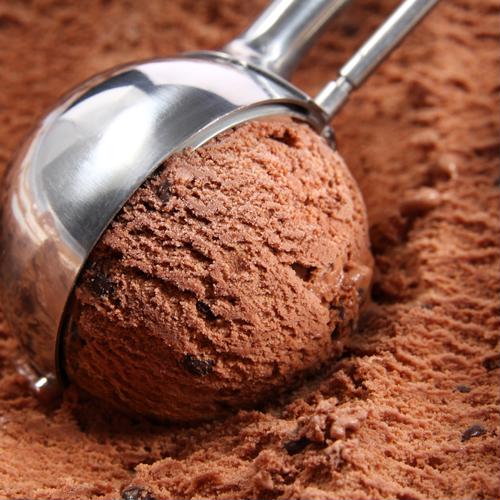
Wine labels might be able to help alert consumers to brands they haven’t been able to find.
Where the finest products along with everything you need for “do-it-yourself” label printing are just a click away.
Call Now: +1-866-299-0066 or Live Chat

In 2018, the Organic Consumers Association filed a formal lawsuit against Ben & Jerry’s Homemade Inc., alleging that the company uses deceptive labeling and marketing strategies that knowingly mislead customers about its farming practices. The lawsuit argues that the popular Vermont-based ice cream maker profits from fallacious claims about its commitment to humane farming and environmentally friendly standards, which do not hold up under scrutiny.
According to OCA’s original complaint, Ben & Jerry’s ice cream products are sold as “humanely sourced and environmentally responsible” even though its ingredients are supplied by “inhumane dairy farms.” The company’s product descriptions often mention “happy cows” that are raised in “Caring Dairies,” persuading consumers that compassionate animal-raising practices are used rather than the typical mass-production dairy operations that have sparked a good deal of controversy in the past.
Only 75 percent of Ben & Jerry’s supplying dairy farms meet their advertised standards.
In support of its claims, OCA pointed out that Ben & Jerry’s charges a premium on its ice cream products because they are marketed as sustainable and thoughtfully sourced. The company has labored to build its image as a responsible brand that cares about animal welfare, but only 75 percent of its supplying dairy farms meet their advertised standards. Additionally, OCA argues that Ben & Jerry’s sources its ingredients from several factory farms in Vermont that have been implicated in the state’s water pollution crisis, according to a report from The Associated Press.
Along with its dairy sourcing complaints, OCA’s lawsuit argues that the company’s ice cream products include “traces of an environmentally harmful biocide,” pointing out that the presence of glyphosate undermines the “environmentally friendly” claims made on its product labels. Glyphosate is a herbicide widely used in farming operations and is the key active ingredient in RoundUp, a controversial weed killer sold by Monsanto.
Lawyers representing Ben & Jerry’s and Unilever commented on the presence of glyphosate during a court hearing, calling the substance a “ubiquitous herbicide.” The lawyers argued that reasonable consumers would not be deceived by the product’s environmental claims, suggesting the responsibility of food transparency does not lie with the manufacturer.

In response to the complaint, lawyers representing the ice cream maker asked a Washington, D.C. superior court to dismiss the case – so far, representatives from Ben & Jerry’s, along with its parent firm Unilever, have declined to comment publicly on the details of the lawsuit.
Court officials reviewed Ben & Jerry’s dismissal request in early January and refused to derail the lawsuit, commenting that the filing “alleges facts sufficient to advance a plausible claim that consumers would be misled by Ben & Jerry’s labeling and marketing,” according to an article from Vermont Public Radio. The presiding judge gave Ben and Jerry’s until Jan. 22 to file a formal answer to complaint. Advocate groups have cheered this ruling as a big win for consumers and hope it will set a firm precedent for future labeling lawsuits.
The war for responsible food labeling rages on, pitting consumer advocates against large-scale food and beverage manufacturers in a fight over product transparency and unethical marketing. While the battleground has changed over the years, the current landscape is littered with companies trying to take advantage of trendy phrases like “all-natural” and “organic” to sell their products. Over time, consumers have grown accustomed to these phrases, trusting that manufacturers have the public’s interests in mind.
The recent slew of lawsuits against companies like Nature Valley, LaCroix and Ben & Jerry’s have demonstrated that consumers are paying closer attention to the claims made on product packaging. What’s more, these litigations reveal a growing desire for honest advertising and a willingness to hold companies accountable for misleading practices. To stay ahead of any legal troubles that may arise, companies have started to rethink their labeling operations, placing increased importance on fact-based marketing. Such an approach relies on consistent and flexible label software and printers, as it can be hard to tell when a business may be forced to rollout a product-wide redesign.
Consumer preferences change over time, so be sure to view our high-quality label printers at DuraFast’s U.S. store or Canadian page.